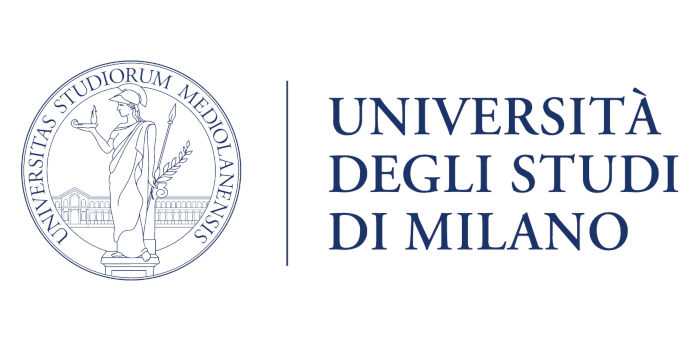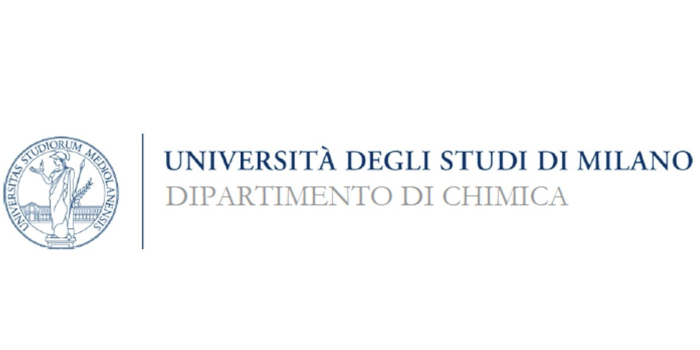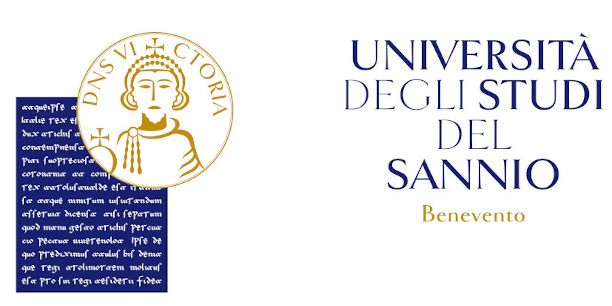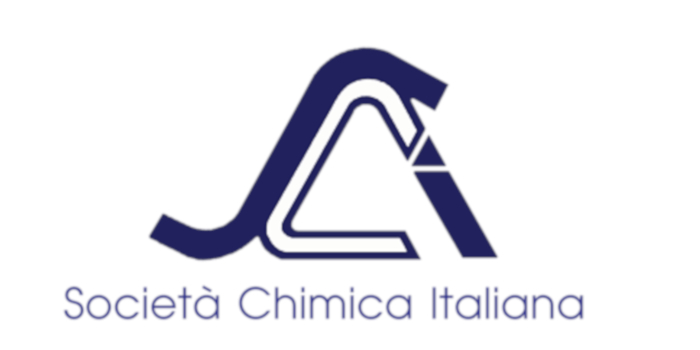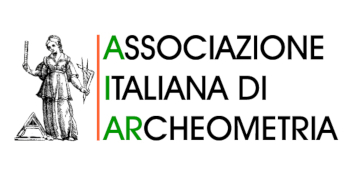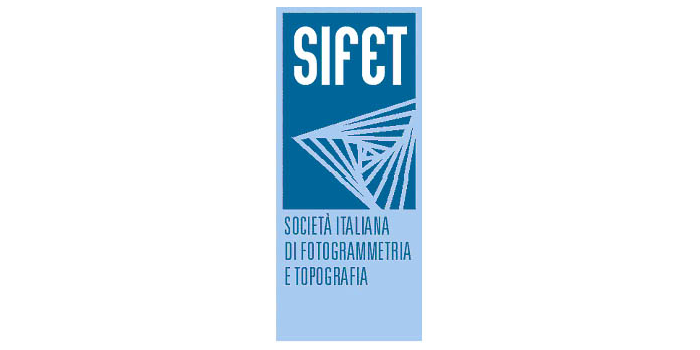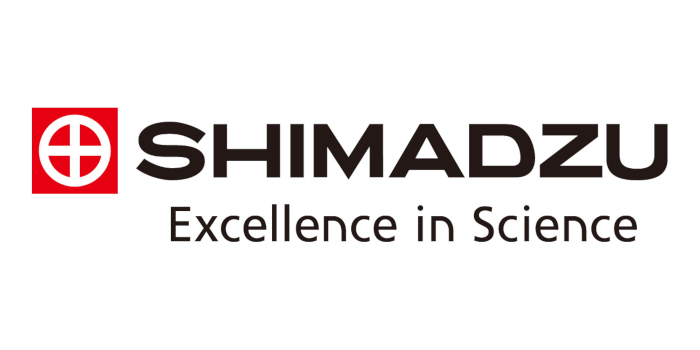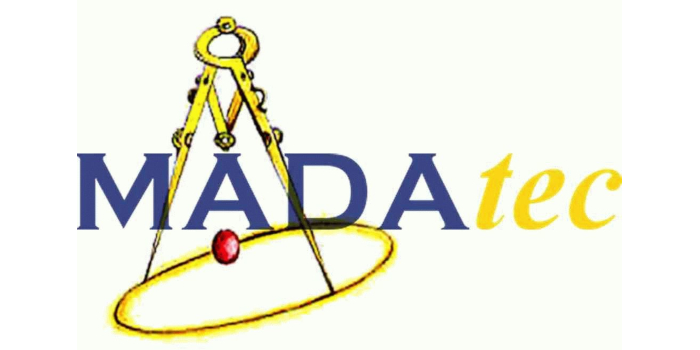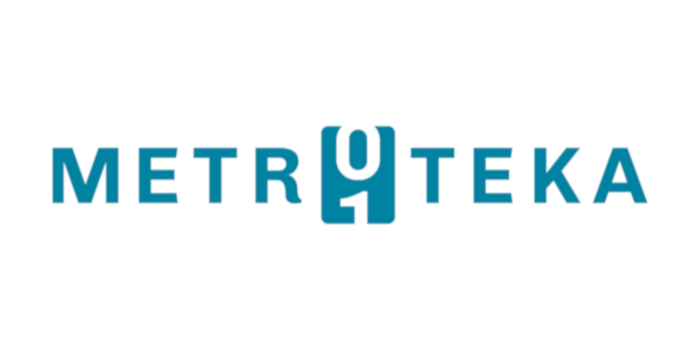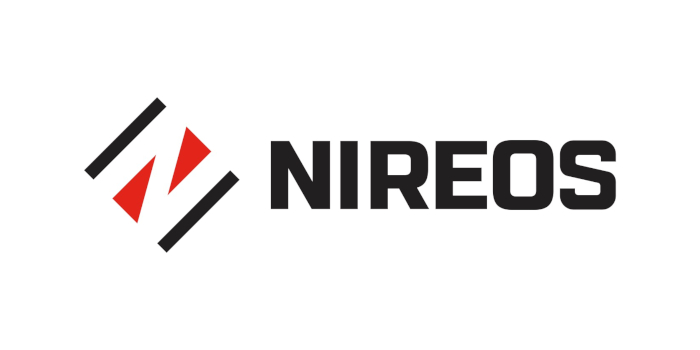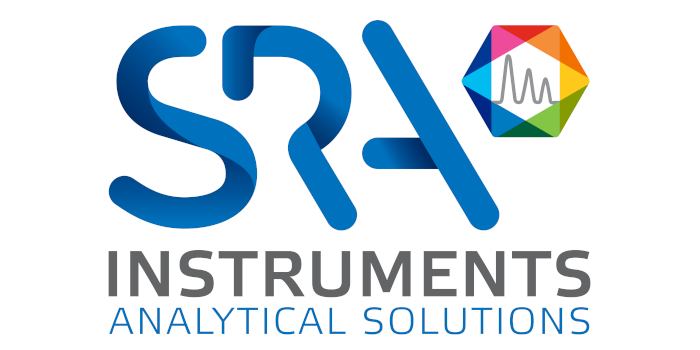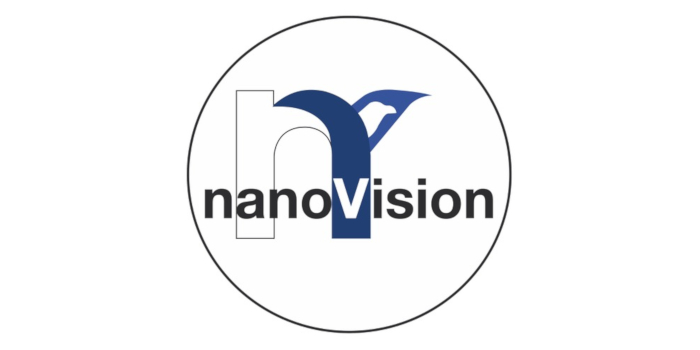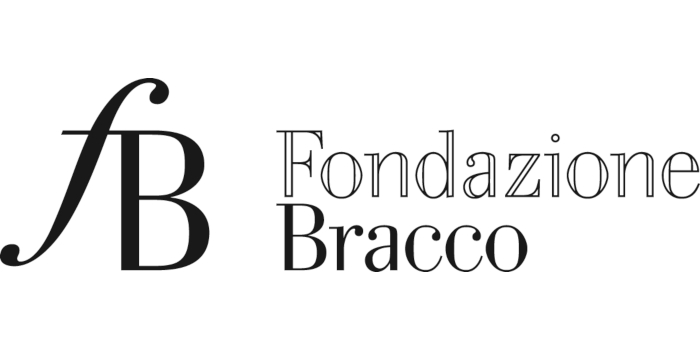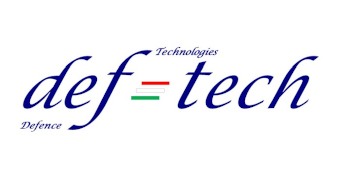Novel measurement methods, transduction principles and intercomparison in the cultural heritage
ORGANIZED BY
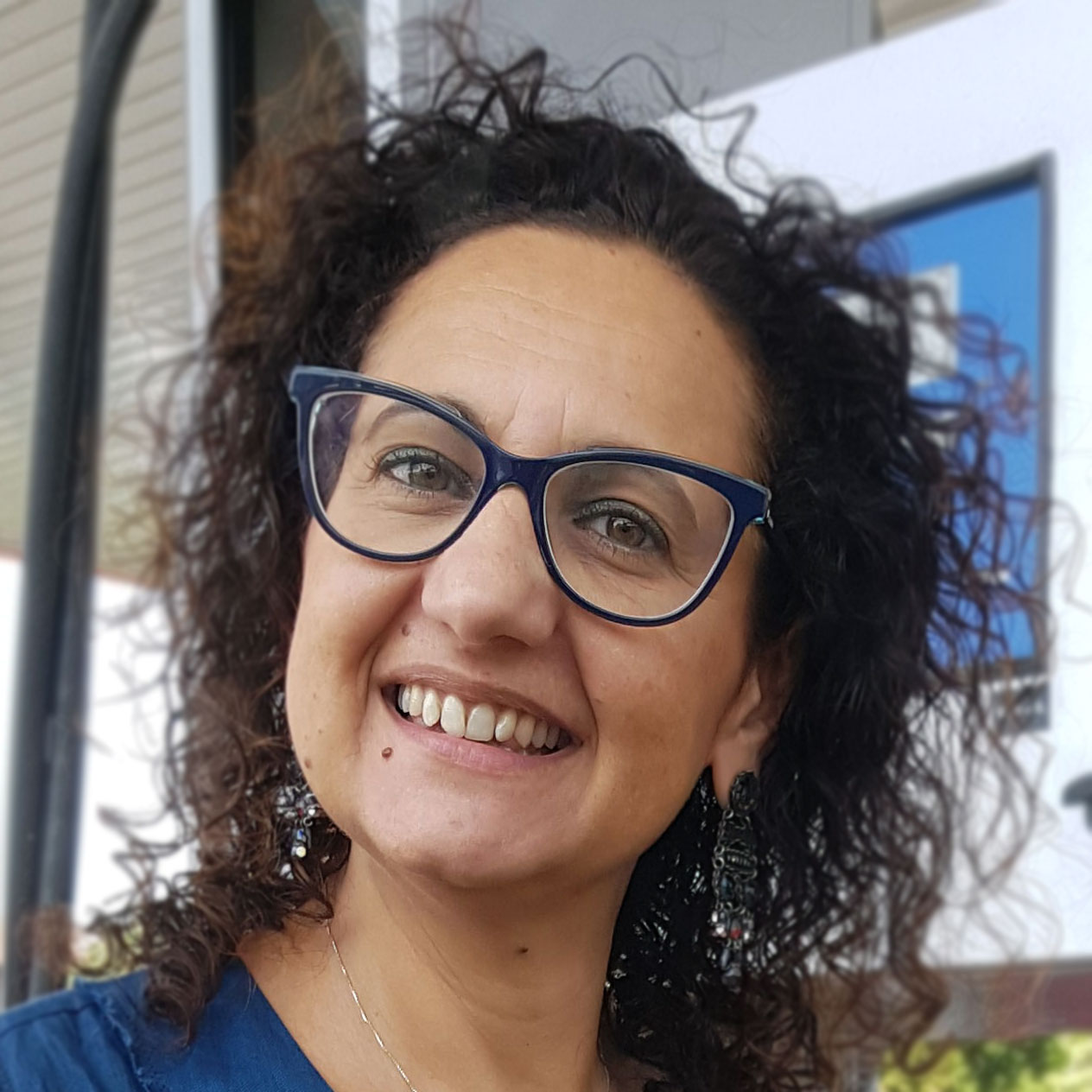
Anna Maria Gueli
Dipartimento di Fisica e Astronomia “Ettore Majorana”.
Università di Catania & INFN-CNet Sez CT

Carlo Trigona
Dipartimento di Ingegneria Elettrica, Elettronica e Informatica.
Università di Catania
ABSTRACT
The accuracy of the results is crucial in the application of experimental methodologies to solve cultural heritage (CH) issues. In this context the most suitable approach to ensuring high-precision results lies in the implementation of smart systems and novel solutions concerning both instrumentation and data analysis. This approach concerns metrology for the dating and the characterisation of artworks, conservation and restoration projects and fruition and valorisation topics.
Particular emphasis is given to validation and intercomparison studies related to artifacts, historical buildings and artworks using a multidisciplinary approach.
The Special Session will be devoted to the development of innovative experimental procedures, which can contribute to the production of protocols and guidelines for the main applications. Particular attention will be also paid to the characterization and validation of innovative measurement methods and transduction principles in the cultural heritage.
TOPICS
Submissions are welcome but not limited to the following topics:
- Innovative transduction principle and devices for CH;
- Emerging technologies for the analysis of artworks;
- Measurement methods and optimization strategies for CH;
- Algorithms and procedures for archaeometry;
- Development of measurement and data analysis protocols;
- Intercomparison and accuracy studies;
- Best practice, guidelines and legislation for CH.
ABOUT THE ORGANIZERS
Anna Maria Gueli is a Professor in Applied Physics at the University of Catania and the Head of PH3DRA (Physics for Dating Diagnostics Dosimetry Research and Applications) laboratories, included in the European Research Infrastructure for Heritage Science through the INFN Cultural Heritage Network (CHNet). Her research mainly concerns the dating of archaeomaterials through stimulated luminescence (TL&OSL) and analytical techniques in Art Conservation. These last include interdisciplinary approaches to microclimate monitoring and applied colorimetry starting from the optical properties of materials.
She received the Master in Physics cum laude from the University of Catania in 1993 discussing a thesis in archaeometry related to the experimental research performed during the Erasmus Project at the University of Bordeaux (France). In this last academy she obtained the DESS (Diplôme d'études supérieures spécialisées) in Physical Methods in Archaeology and Museography with distinction. After obtaining a scholarship from INFM, she received a Ph.D. in Physics from the University of Catania in 1999. The subject of her Ph.D. thesis was radiation dosimetry, mainly focused on archaeological dating. She obtained a post-doc scholarship from CNR and a research grant from the University of Catania. She was Chercheur Associé of the European program GRUNDTVIG Adult Education Program (1999-2003) and Professeur Invitée à temps plein of the University of Bordeaux (2007-2008). She coordinated the activities of Italian researchers within the European Research Group GdRE-TCA “Ceramic Building Materials and new dating methods”. Elected member of the Executive Council of the Italian Association of Archaeometry (AIAr) covering the role of General Secretary (2008-2014) and Treasurer (2009-2011). Member of the Colour Group of the Italian Colour Association, she has been a member of both the Scientific and the Editorial Committee since 2008.
Professor Gueli is the Catania’s University Delegate in the Permanent Thematic Working Group of the Regional Strategy of the Innovation for the Intelligent Specialization in the area of "Tourism, cultural heritage, culture" and in the National Technological Cluster Project TICHE - Technological Innovation in Cultural Heritage.
Carlo Trigona received the M.S. degree (cum Laude) in Automation Engineering and Control of Complex Systems from University of Catania, Catania, Italy in 2006. From 2006 to 2009 he was PhD student at the University of Catania. In 2010 he obtained his PhD degree in Electronic, Automation and Control of Complex Systems from University of Catania, Catania, Italy. From 2010 to 2011, he worked as a post-doc and lecturer at the University Montpellier II – LIRMM (France), from 2011 to 2017 as post-doc and lecturer at DIEEI, University of Catania (Italy) and from 2017 to 2018 he worked as a post doc at the Chemnitz University of Technology (Germany). From 2018 to 2020, he worked as an Assistant Professor of Electronic Instrumentation and Measurements at the DIEEI, University of Catania (Italy). Since 2020 he is a tenure track Professor of Electronic Instrumentation and Measurements at the DIEEI, University of Catania (Italy). He contributes in the Instrumentation and Measurement community with several activities also including editor and reviewer for several prestigious journals starting from 2006, until now. He received several awards for his research activity since 2007, including the 2020 IEEE I&M Outstanding Young Engineer Award for his outstanding contribution to the advancement of I&M concept in sensors and transducers for energy harvesting. Regarding his research activity, the first paper of Dr. Trigona appeared in 1997 and, at the moment, he is co-author of more than 200 scientific publications, with more than 1400 total citations, which include chapters in books, papers in international journals, proceedings of international conferences and patents. His research interests include sensors, transducers, MEMS, NEMS, fluxgate magnetometers, energy harvesting, green and biodegradable sensors.

